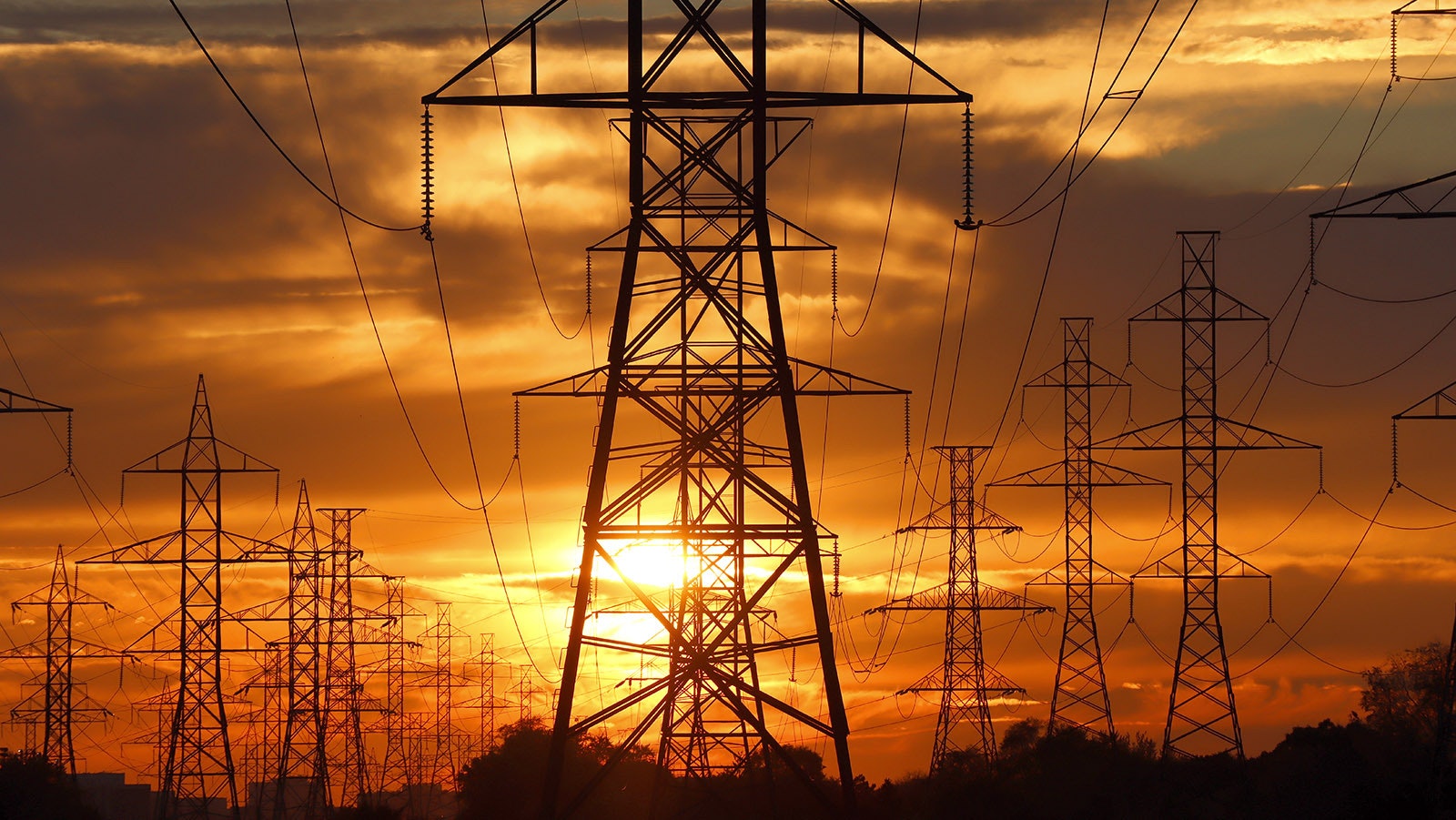Wyoming’s biggest industrial users of electricity have raised red flags with a state Senate panel considering a tax on electricity exports to adjoining states that could spark an “arms race.”
On the one side is a faction of 19 big industrial customers of Rocky Mountain Power that consume about half of the electricity generated by the Wyoming-based unit of the PacifiCorp-owned electric utility.
They range from trona mining and oil and gas operations to chemical plants and other heavy manufacturers.
The other side includes six states that have formed a pact in the U.S. West and Northwest — including Wyoming — that may find themselves duking it out with each other as they shift taxation burdens to other states through electricity exports.
Thor Nelson, a lawyer representing the Wyoming Industrial Energy Consumers, the trade group for big power users, told the Senate Revenue Committee on Tuesday that an “arms race” could break out with surrounding states over taxation of power exports.
The committee considered a proposal, Senate File 85, that might not advance further in the legislative pipeline, though talk of taxation seems to be a dominant theme in the Capitol this session and may come back for further consideration. The last day a committee proposal can advance in the budget session is Wednesday.
Nelson said that his trade group, Rocky Mountain Power and other parties had successfully challenged in federal court an effort by the state of Washington to export its tax burden to other states like Wyoming.
The form of taxation imposed by the state of Washington was declared unconstitutional in federal court and is being appealed, he told the committee in testimony.
Can’t Have It Both Ways
The legal brouhaha began when Washington assessed a tax on carbon emissions — specifically from the natural-gas fired Chehalis power plant, as an example — where any electricity sold in the state would receive an offsetting carbon credit. With the offset in hand, 100% of the taxes would be attached to the power exported to places like Wyoming and other states that buy their electricity from PacifiCorp or Rocky Mountain Power.
The 500-megawatt Chehalis plant was a cornerstone in the pushback argument made last year from Wyomingites who didn’t want their power rates hiked by more than 30% in a rate case filed by Rocky Mountain Power.
“Wyoming should not pay its share of that tax because it’s unconstitutional. It’s an improper way for Washington to export tax burdens to other states – like Wyoming,” Nelson said.
“To the extent that Wyoming goes down that same sort of road and creates a tax structure and exempts our own citizens, and then exports the tax to others, in all honesty that undercuts our arguments of why that Washington tax is unconstitutional and creates an arms race,” he said.
State Sen. Cale Case, R-Lander and a sponsor of SF 85, has argued that the export tax is needed along with two other companion proposals. Neither of those other measures have moved along in the Legislature.
These proposals include the repeal of the sales tax on electricity and the addition of a tax on the gross receipts from electricity sales.
A fiscal note to the proposals says that 20 electric utility companies in Wyoming reported $791.4 million in taxable sales in fiscal year 2023. The proposals, had they advanced, could have forced a revenue hit to the state’s general fund of $22.1 million per year, with a decrease of $21.3 million per year to local governments.
The combination of the two events – sales on electricity generated in the state and tax on gross receipts from electricity sales -- would lower costs for Wyoming customers, Case argued. The export tax on electricity would provide offsetting revenue coming from increasing amounts of new generation.
Rocky Mountain Power lobbyist Rick Kaysen, and Pete Obermueller, president of the Petroleum Association of Wyoming, both testified against the SF 85 as currently drafted.
“The second highest cost for all of my members is powers costs,” Obermueller told the committee.
Pat Maio can be reached at pat@cowboystatedaily.com.





